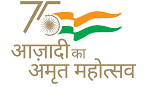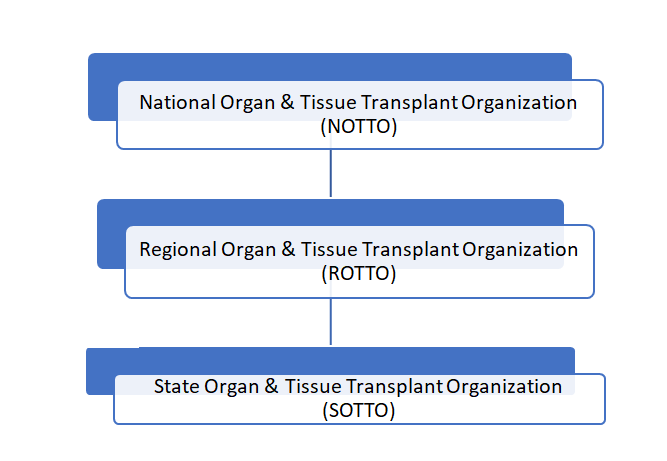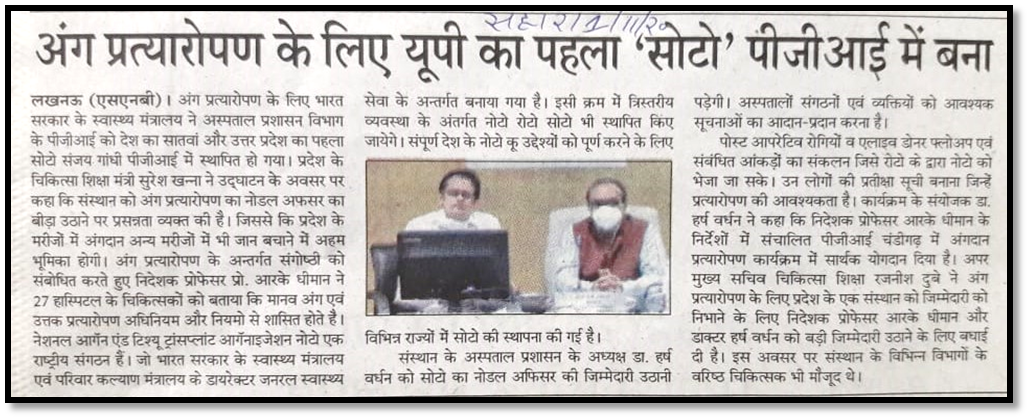
State Organ & Tissue Transplant Organization [SOTTO-U. P.]
Office : Department of Hospital Administration, SGPGIMS, Lucknow, U. P. , India


ABOUT SOTTO - U. P.
The shortage of organs is virtually a universal problem. Asia lags behind from rest of the world. India lags far behind other countries even in Asia. There is a wide gap between patients who need transplants and the organs that are available in India. An estimated 1.8 Lakh persons suffer from renal failure every year, however the number of renal transplants done is only around 6000 . An estimated 2 Lakh patients die of liver failure or liver cancer annually in India, 10-15% of which can be saved with a timely liver transplant that is 25-30 thousand liver transplants are needed annually in India but only about 1500 are being performed. Similarly, about 50000 persons suffer from heart failures annually but only about 10 to 15 heart transplants are performed every year in India. In case of Cornea, about 25000 transplants are done every year against a requirement of 1 Lakh.
Transplantation of Human Organs Act (THOA) 1994 was enacted to provide a system of removal, storage and transplantation of human organs for therapeutic purposes and for the prevention of commercial dealings in human organs. Despite a regulatory framework, cases of commercial dealings were reported, hence an amendment to the Act was promulgated in 2011 and subsequently THOTA Rules were notified in 2014.
MoHFW, GoI launched a National Organ & Tissue Transplantation Program (NOTP) under which a national networking system is established which includes:

In order to formalize the system of organ harvesting, retrieval, banking, transplantation & other intermediary steps as well as to augment the rate of organ donation in Uttar Pradesh, State Organ Tissue Transplant Organization – Uttar Pradesh (SOTTO – U.P.) was established at the Sanjay Gandhi Post Graduate Institute of Medical Sciences (SGPGIMS) for the entire state of U.P. under the aegis of Department of Hospital Administration in November 2019.

PGIMER – Chandigarh has been designated as Regional Organ & Tissue Transplant Organization (ROTTO) for the Northern Region under the aegis of National Organ Transplant Programme (NOTP), Directorate General Health Services, Ministry of Health & Family Welfare, and Govt. of India. PGIMER in its capacity as ROTTO co-ordinates with hospitals across the six states – Punjab, Haryana, Himachal Pradesh, Jammu and Kashmir, Rajasthan, Uttarakhand, Uttar Pradesh and U.T. Chandigarh to monitor organ transplantation, maintain a data bank of donors across the northern India and be a part of the national network for procurement and distribution of organs and tissue.
Responsibilities of SOTTO
1. Maintaining the waiting list of the patients requiring/needing transplants.
2. Facilitating multi organ retrieval from a Brain stem death donor. Co-ordination for procurement of organ from a donor till the transplantation into a recipient which also include formation of green corridor.
3. Matching of recipients with donor and organ allocation as per the designed policy within the State including distribution of organs and tissues.
4. Dissemination of information to concerned hospitals, organizations and individuals.
5. Post –transplant patients and live donor follow-up for assessment of graft rejection, survival rates etc.
6. Collection of data from the Tx Centres